
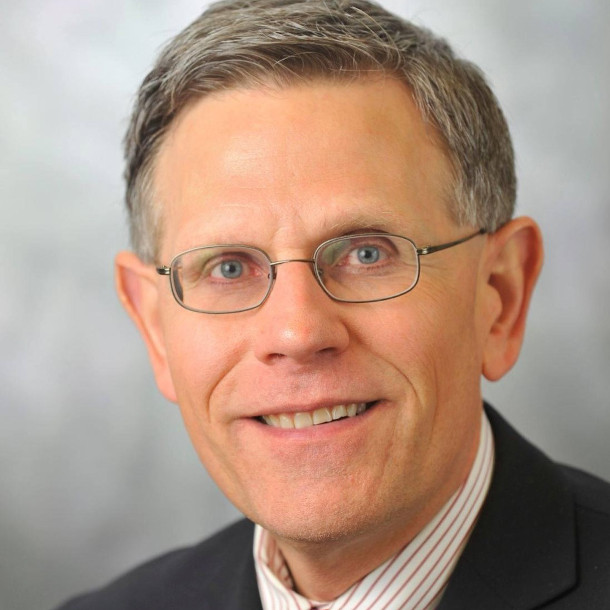
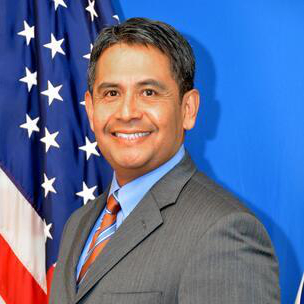
Moises Dugan is the Federal Emergency Management Agency Region 6 Deputy Administrator. In this position, Moises is responsible for the administration of emergency management programs in the FEMA Region 6 states of Arkansas, Louisiana, New Mexico, Oklahoma, and Texas. He also is responsible for oversight and implementation of response and recovery operations for presidentially-declared disasters in the five-state region.
Moises comes to FEMA Region 6 from FEMA Region 4 in Atlanta, Georgia, where he served as the Mitigation Division Director and was responsible for leading risk reduction activities; and enforcing federal floodplain management, environmental, and historic preservation compliance in an eight-state region.
Prior to joining FEMA Region 4 in 2014, Moises worked for the Department of Homeland Security, Office of Inspector General (DHS-OIG), Office of Emergency Management Oversight, in Frisco, Texas where he coordinated the deployment of DHS-OIG personnel to perform proactive oversight of FEMA disaster operations nationwide and managed the Hazard Mitigation Assistance grants audit portfolio. He also worked in the Office of Audits in Denton, Texas, and the Office of Inspections in Washington D.C., where he led FEMA Public Assistance and Hazard Mitigation Grant Program audits, as well as a series of comprehensive reviews of FEMA’s response to Hurricane Katrina.
Prior to joining the DHS-OIG in 2003, Moises initially served as the Infrastructure Branch Chief, and later as the Response Operations Branch Chief for FEMA Region 6. During this time, he worked on a number of high-profile Federal disasters, including the Cerro Grande fire in New Mexico in 2000 and the loss of the Space Shuttle Columbia over Texas and Louisiana in 2003.
Moises began his emergency management career in 1989 with the Texas Department of Public Safety, Division of Emergency Management as the State Public Assistance Officer. He was later promoted to the position of Recovery Section Administrator, serving as the Governor’s Authorized Representative and State Coordinating Officer during federally-declared disasters.
Moises graduated from the University of Texas at Austin with a Bachelor’s degree in Government. After graduating college and completing Officer Candidate School, he also received his officer commission in the United States Marine Corps.
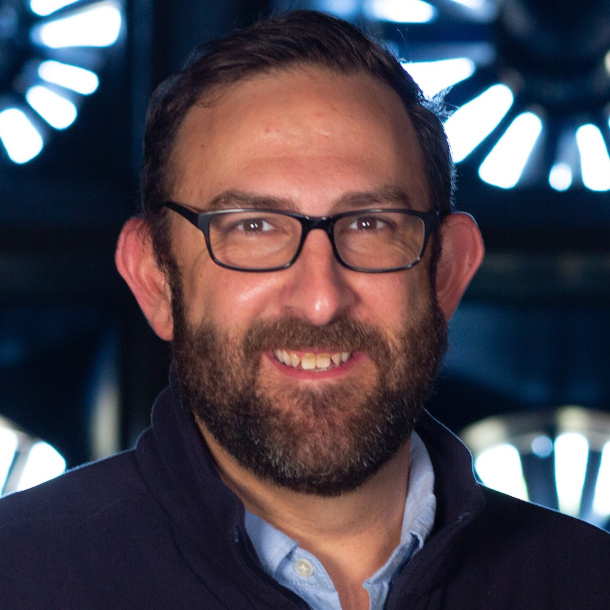
Ian M. Giammanco, Ph.D.
Lead Research Meteorologist & Sr. Director for Standards and Data Analytics
Insurance Institute for Business & Home Safety
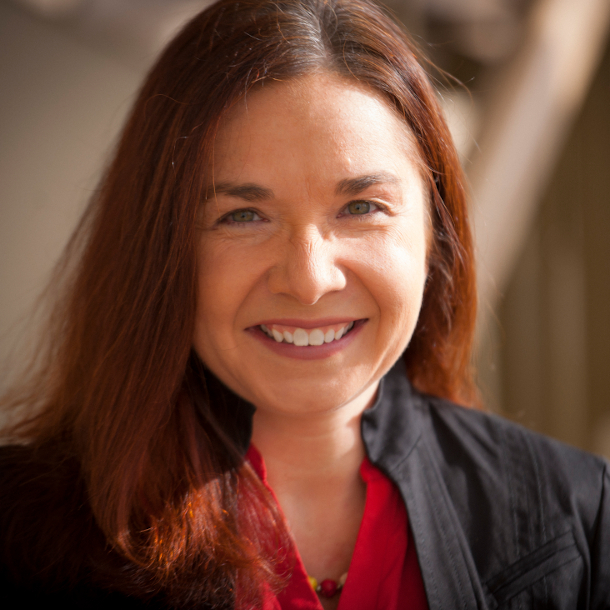
Katharine Hayhoe, Ph.D.
Paul Whitfield Horn Distinguished Professor
Political Science Endowed Chair in Public Policy and Public Law
Texas Tech University
Video Coming Soon

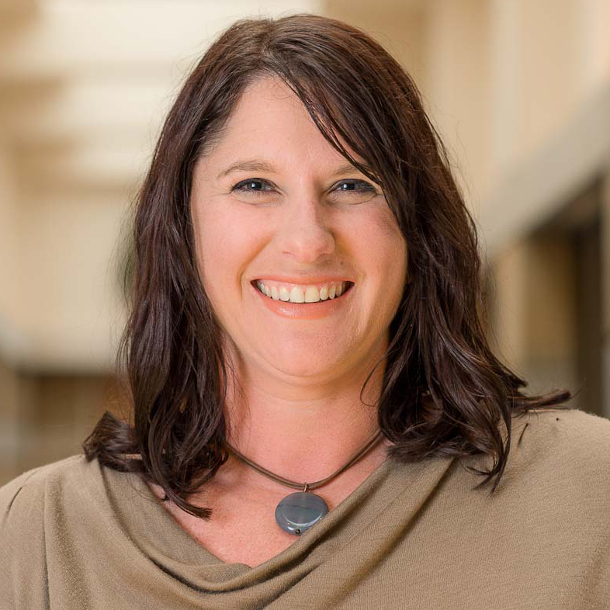
Tracy Kijewski-Correa, Ph.D.
Linbeck Chair and Associate Professor
College of Engineering & Keough School of Global Affairs
University of Notre Dame
Tracy Kijewski-Correa is the Leo E. and Patti Ruth Linbeck Collegiate Chair and Associate Professor in the Department of Civil and Environmental Engineering & Earth Sciences at the University of Notre Dame. Jointly appointed as an Associate Professor of Global Affairs, she also serves as co-director of the Keough School’s Integration Lab (i-Lab) and faculty fellow at a number of institutes focused on global development and real estate. Her research is dedicated to enhancing the resilience and sustainability of hazard-exposed communities, with an emphasis on conceiving holistic responses to infrastructure vulnerabilities and developing tools that support science-informed decision making by diverse stakeholders. She currently serves as the inaugural director of NSF’s Structural Extreme Event Reconnaissance (StEER) network, coordinating data collection following major hazard events. Her contributions have been recognized by awards from the American Society of Civil Engineering, American Political Science Association, Institution of Civil Engineers, International Association for Wind Engineering, and American Association for Wind Engineering. Kijewski-Correa is formally trained as a Civil Engineer with a specialization in Structural Engineering, earning her Bachelor of Science, Master of Science, and PhD from the University of Notre Dame.
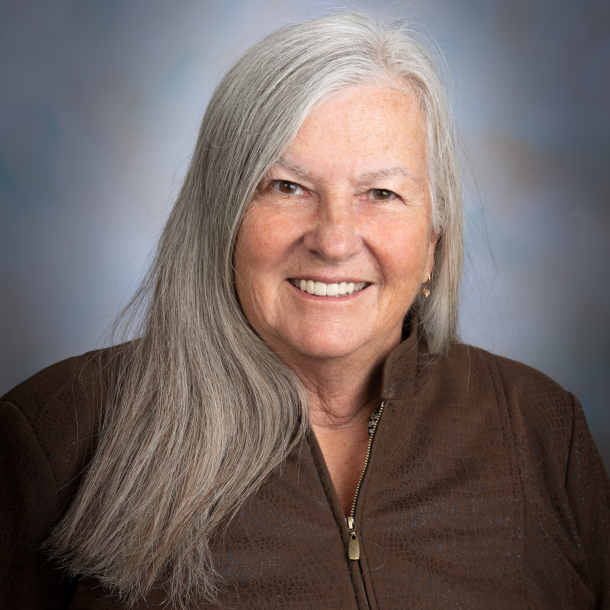
Dr. Jamie Kruse is recognized for her research in economics and decision making under uncertainty especially as it relates to natural hazards. She completed her doctoral work at University of Arizona under dissertation advisor, Vernon Smith (2002 Nobel Laureate). Dr. Kruse has authored seventy published and forthcoming refereed journal articles in addition to books, proceedings, abstracts and reports, appearing in Econometrica, RAND Journal of Economics, Southern Economic Journal, Journal of Economic Behavior and Organization, Economic Inquiry, Natural Hazards Review (ASCE), Journal of Wind Engineering and Industrial Aerodynamics (ASCE), Environmetrics, Weather and Forecasting (AMS), Risk Analysis, Journal of Risk and Uncertainty in Engineered Systems (ASCE), Journal of Risk and Insurance, Journal of Insurance Issues, and others. She held faculty positions at the University of Colorado, Texas Tech University, East Carolina University and a visiting position at Eidgenossische Technische Hochschule (ETH) in Zurich, Switzerland. Her work has been supported by National Aeronautics and Space Administration, National Science Foundation, US Geological Survey, US Department of Energy, National Oceanic and Atmospheric Administration, National Institute of Standards and Technology, Federal Emergency Management Agency, Department of Homeland Security, Federal Deposit Insurance Corporation, and others. She has served as an expert reviewer for the National Academies of Science, Engineering and Medicine, US Army Corp of Engineers, Department of Homeland Security, and on more than twenty-five National Science Foundation panels across three directorates. In 2010 she held the position of Chief Economist at National Oceanic and Atmospheric Administration. At the interagency level, she was a member of the Whitehouse Office of Science and Technology Policy (OSTP) Subcommittee on Social, Behavioral and Economic Sciences and OSTP Subcommittee on Ocean Science and Technology. Dr. Kruse currently serves as the Co-director for the National Institute of Standards and Technology-funded Center of Excellence for Risk-based Community Resilience Planning, a 12-university collaboration headquartered at Colorado State University. The center supports multi-disciplinary research to improve resilience to natural hazards and seeks to develop the computational environment IN-CORE to enable community resilience planning.
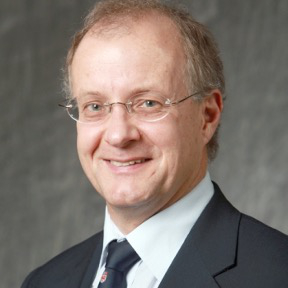
Chris Letchford obtained his Bachelor’s degree in Civil Engineering with First Class Honours and University Medal from the University of Queensland in 1980. He was the inaugural winner of the Ove Arup Scholarship and worked for two years in the London Office of Ove Arup and Partners, Consulting Engineers. There he worked on the designs for the Britannia Leisure Centre, the Old Vic Theatre refurbishment, and the Menil Collection Museum in Houston under Peter Rice and Renzo Piano. He also spent 9 months as Resident Engineer. After completing a doctorate in Wind Engineering at Oxford University as a Commonwealth Scholar he began his academic career at the University of Queensland in 1987. After developing a research program in Wind Engineering and Bluff Body Aerodynamics and reaching the level of Reader, Chris left Queensland to take up a Professorship at Texas Tech University in the US. During 8 years in the Wind Science and Engineering Research Center, he helped manage an annual research budget in excess of US$1million and developed several innovative simulators for thunderstorm downburst and tornado winds. In 1997 Chris chaired the 4th Asia-Pacific Symposium on Wind Engineering on the Gold Coast and in 2003 he chaired the Technical and Scientific Committees of the 11th International Conference on Wind Engineering in Lubbock Texas. From 1995-1999 and 2007-2009 Chris was the Chair of the Australasian Wind Engineering Society (AWES). From 2003-2006 Chris was a member of the Executive of the American Association of Wind Engineering. In 2007 Chris was elected as the Asia-Pacific Representative of the International Association of Wind Engineering. Chris is also a member of the American Society of Civil Engineers and sits on the Wind Effects, Aerodynamics and Tall buildings Committees. Chris is a Registered Professional Engineer in Queensland and a Chartered Professional Engineer in Australia. Chris left Texas Tech University as Senior Associate Dean to take up the Head of School of Engineering at the University of Tasmania in 2007. In 2011, Chris accepted the Head of Department of Civil & Environmental Engineering at Rensselaer Polytechnic Institute.
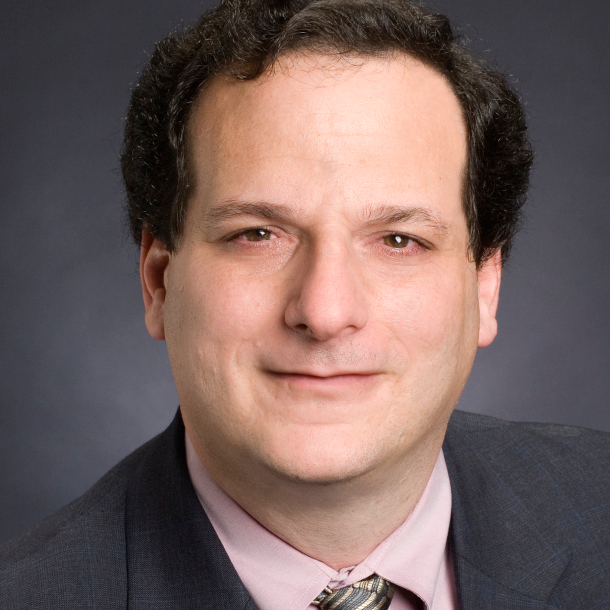
Marc L. Levitan, Ph.D.
Lead Research Engineer, National Windstorm Impact Reduction Program
National Institute of Standards and Technology
Dr. Marc L. Levitan is the Lead Research Engineer for the National Windstorm Impact Reduction Program at the National Institute of Standards and Technology (NIST). He served as the Lead Investigator for NCST investigations of EF-5 tornadoes that devastated Joplin (2011) and Moore (2013). He has subsequently been leading implementation of changes to building codes, standards, and guidelines in response to recommendations from these studies, bringing about a paradigm shift in how tornadoes are considered in design of conventional buildings. Dr. Levitan chairs the ASCE/SEI task committee that developed the tornado load provisions for ASCE 7-22, the ICC committee developing the 2023 and previous editions of the ICC 500 Storm Shelter Standard, and the ASCE/SEI/AMS committee developing a new standard on Wind Speed Estimation in Tornadoes. Dr. Levitan served on the FEMA Mitigation Assessment Team for Hurricane Maria and is a current member of the National Construction Safety Team investigating that hurricane’s impacts in Puerto Rico.
Prior to joining NIST, Dr. Levitan was the Charles P. Siess, Jr. Associate Professor of Civil and Environmental Engineering at Louisiana State University (LSU), founding Director of the LSU Hurricane Center, and co-founder of the LSU Wind Tunnel Lab. Earlier in his career, Dr. Levitan served as the Managing Director of the Wind Engineering Research Field Laboratory at Texas Tech University, studying wind effects on full scale buildings.
Dr. Levitan’s national leadership activities also include serving as President of the American Association for Wind Engineering and chairing many national and international conferences and workshops.
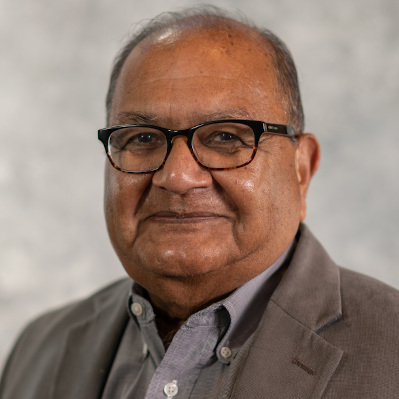
Kishor Mehta, Ph.D., P.E. (NAE)
P. W. Horn Professor of Civil, Environmental and Construction Engineering
Texas Tech University
Dr. Mehta is P.W.Horn Professor (retired) of Civil, Environmental and Construction Engineering at Texas Tech University and Director of the Industry/University Cooperative Research Center on Wind Hazards and Infrastructure Performance. He was Co-Program Director for the Engineering for Natural Hazards at the National Science Foundation in Washington, DC during 2011-2015. He was Chair of the Wind Load Committee that produced ANSI A58.1-1982, ASCE 7-88 and ASCE 7-95 National Standards. He has been on the faculty at Texas Tech University since 1964. He is former Director of the Wind Science and Engineering (WISE) Research Center (now the National Wind Institute) at Texas Tech. He was elected to the Distinguished Member of the American Society of Civil Engineers in 2002, to the National Academy of Engineers in 2004, and Fellow of the National Academy of Inventors in 2018. He was instrumental in developing EF-scale to assess intensity of tornadoes; the scale was adopted by NWS in 2007. During 2003-2007 he developed a doctoral degree program in Wind Science and Engineering with NSF IGERT funding. The one-of-a kind Ph.D. in Wind Science and Engineering degree was approved by the State Board in 2007 and has graduated 30 students to date.
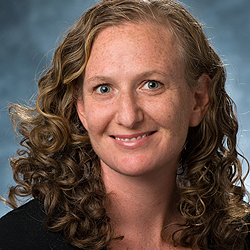
Dr. Karin Price is the Chief of Psychology at Texas Children’s Hospital, where she leads a team of more than 45 behavioral health professionals who are dedicated to addressing emotional, behavioral, cognitive, and developmental factors that impact the overall health and wellbeing of children and their families. Dr. Price partners with behavioral health providers and leaders throughout the hospital and in the community to develop systems of care that improve access to high quality, evidence-based behavioral healthcare for children and adolescents across the continuum of need. She is committed to using research, quality improvement science, measurement-based care, and real-world data to drive behavioral health program development and individual child/adolescent treatment planning. Dr. Price received her Ph.D. from the University of Connecticut, where she also completed a fellowship in clinical psychology following her internship at Bellevue Hospital and the NYU Child Study Center. Her patient care activities at Texas Children’s focus on diagnosis and treatment of anxiety disorders in children and adolescents.
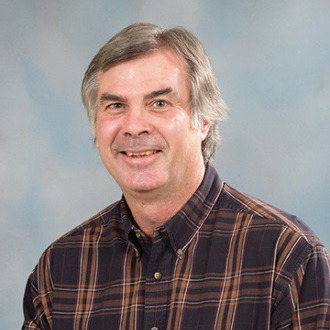
Ken Rainwater, Ph.D., P.E.
Professor
Texas Tech University
Video Coming Soon

Hanadi S. Rifai, Ph.D.
John and Rebecca Moores Professor of Civil and Environmental Engineering
University of Houston
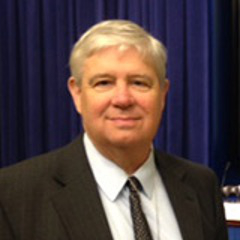
Kevin M. Simmons, Ph.D.
Professor Emeritus of Economics
Austin College
Video Coming Soon

Chandra Franklin Womack, P.E.
Owner and Chief Executive Officer
Aran & Franklin Engineering Inc.
Chandra Franklin Womack is owner and Chief Executive Officer of Aran & Franklin Engineering Inc. Chandra earned her Texas Professional Engineer license in 2010 and is also licensed in Florida, Louisiana, New Jersey, and New York. She is a 2006 graduate of Lamar University with a BS in Civil Engineering and a 2020 graduate of Texas A&M Mays College of Business with a Master of Business Administration.
Chandra is a Texas Department of Insurance Windstorm Appointed Engineer and a member of the International Code Council, the American Society of Civil Engineers and the American Institute of Steel Construction. She has performed the windstorm design on thousands of structures in the Golden Triangle, Bolivar Peninsula, Lower Rio Grande Valley and Coastal Bend. Chandra has been project manager for disaster recovery related to Hurricanes Dolly, Ike, Rita and Harvey, as well as the 2009 Bastrop wildfires.
Chandra also represents the 14 first-tier coastal counties as a member of the board of directors for the Texas Windstorm Insurance Association and was elected in 2019 as Vice-Chair and Chair in 2020. She also serves on the board of directors of Smart Home America.
Chandra is available before hurricane events as a subject matter expert for interviews related to windstorm design, structural engineering, and coastal construction, and also serves as a litigation consultant on construction-related matters.


